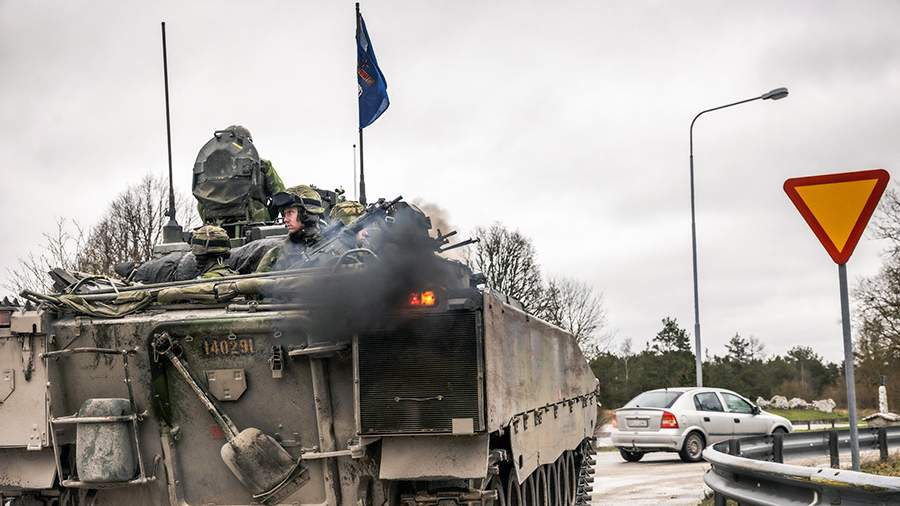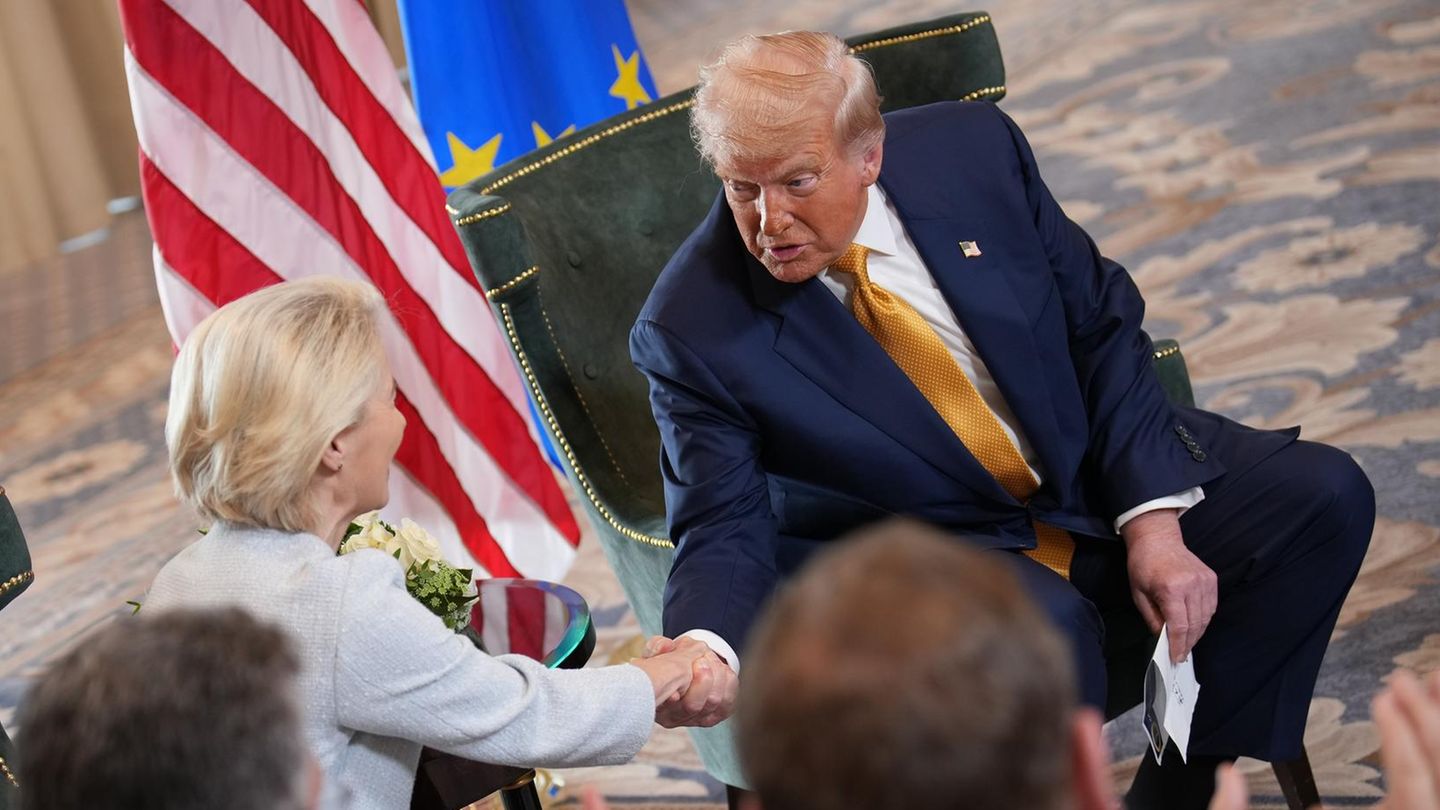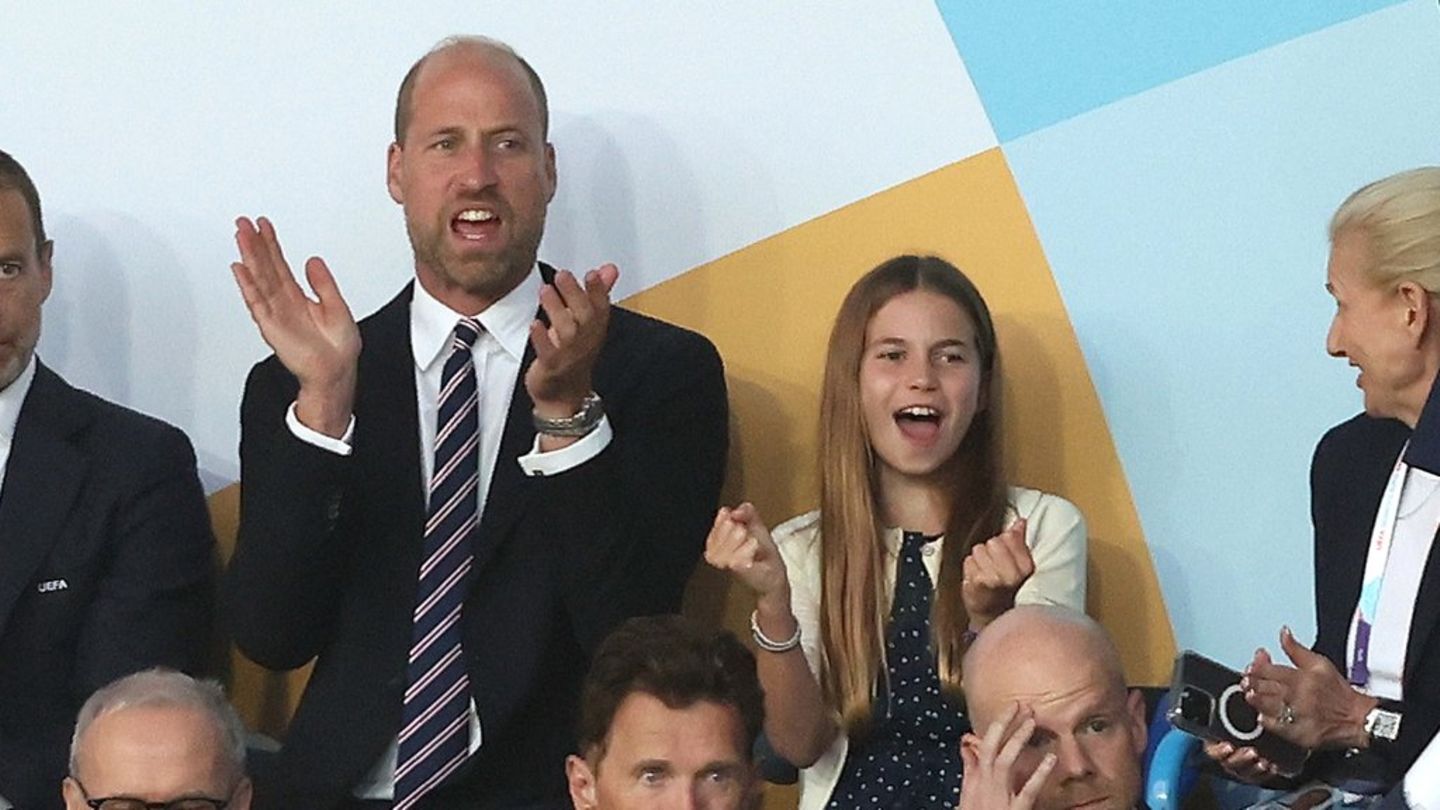NATO, while accepting the countries of Eastern Europe as part of the alliance, does not seek to encircle Russia. This was stated on January 17 by British Defense Minister Ben Wallace in an article on the website of the Times newspaper.
According to him, the North Atlantic Alliance “is of a defensive nature.”
He noted that only five of the 30 NATO member countries have common borders with the Russian Federation, and only 1/16 of the Russian borders fall on the states that are members of the alliance.
“If you consider the fact that 6% of your perimeter is blocked as an environment, then there is no doubt that the brave men who fought for Arnhem or Leningrad in World War II could speak sharply about this,” the British defense minister added.
According to him, NATO did not pursue a policy of purposeful expansion to the East, but the countries of the region themselves expressed their desire to join the organization for security reasons.
Earlier Monday, Kremlin spokesman Dmitry Peskov pointed out that Estonia’s call to deploy more NATO forces in the country is proof that Russia is not the cause of the escalating tension. Earlier in the day, Estonian Defense Chancellor Kusti Salm said the country was ready to deploy up to 5,000 troops from the alliance’s rapid reaction force.
On December 18, Wallace called it unlikely that NATO would send troops to Ukraine, since it is not a member of the alliance. At the same time, the minister did not specify whether the kingdom would join the United States in arming Ukraine.
On December 17, the Russian Foreign Ministry published draft agreements between Russia, the United States and NATO on security guarantees. It follows from the documents that the alliance must renounce any military activity on the territory of Ukraine and other states of Eastern Europe, Transcaucasia and Central Asia. Also, Russia and NATO must pledge not to create conditions that can be regarded as a threat by the other side.
Negotiations on security guarantees were held in three stages in January. On January 10, a meeting of the Russian and US delegations took place in Geneva. On January 12, a meeting of the Russia-NATO Council was held in Brussels, and on January 13, consultations ended at the Vienna site of the Organization for Security and Cooperation in Europe.
On January 14, Russian Foreign Minister Sergei Lavrov pointed to the slowness of the United States in providing responses to Russian proposals on security guarantees. He stressed that the US and NATO want to “wind up” the process, but Russia is waiting for written answers and is ready for any developments, the minister added.
On January 13, Russian Deputy Foreign Minister Sergei Ryabkov pointed out that the US and NATO were not ready to meet Russian proposals for security guarantees. According to him, NATO’s position on the issue of non-expansion of the alliance is “impenetrable”, which is alarming.
Source: IZ
Jane Stock is a technology author, who has written for 24 Hours World. She writes about the latest in technology news and trends, and is always on the lookout for new and innovative ways to improve his audience’s experience.




